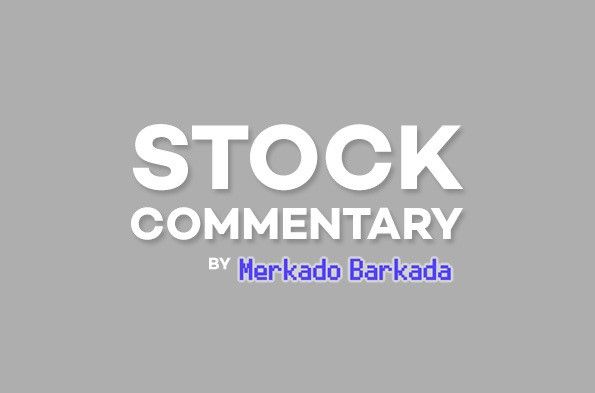Is a change in a stock’s par value a good or a bad thing?

Realistically, it’s neither. Would you rather own one P500 bill, or five P100 bills? You might have a real preference (easier to buy taho with P100, because there’s no chance of getting change for P500), but it’s likely not that strong of a preference that you’d walk away from a transaction over it.
When the par value is increased, you give five P100s for a single P500, and when it decreases, you give your P500 for five P100s (figuratively speaking, of course; the ratio depends on the actual values). The overall value of your holdings stays exactly the same. The price of the “stock” (the value of each bill) goes up or down, but your overall holdings don't change at all.
There is a belief, though, that increasing the number of shares available for trade (through lowering the stock’s par value) will increase the stock’s liquidity, meaning that it would be easier for buyers and sellers to execute orders on the market due to there being simply “more” stock changing hands at any given time and that the lower price makes the stock more accessible to retail investors since the minimum buy-in price for a board lot is lower.
That said, there’s also a stigma to decreasing the number of shares available for trade (through increasing the par value) that probably comes from traders on foreign markets that are accustomed to seeing struggling companies raise their stock price in this manner to meet a stock exchange’s minimum price requirement. At the end of the day, though, context is truly king.
MB BOTTOM-LINE
I think there’s a general feeling in the finance community that, all things being equal, it’s better to have more shares out there than less. It’s not a strong belief, and I haven’t come across a board that has made this kind of move primarily to increase liquidity, but I think that many look on it as a “nice to have”. For a long-term investor like me, though, I don’t particularly care whether I’m buying P40,000 of shares worth P20 each, or P40,000 of shares worth P2,000 each.
I know there are a lot of investors that are coming into the PSE from the crypto space that are attracted to opportunities to own a huge, gaudy number of shares (like buying 238 billion Hummingbird Finance Tokens for P1,000), and that some of this may have played out earlier this year during the basurapalooza where companies with relatively low stock prices caught a lot of attention from traders who were also very active in the crypto arena. I also know that there are still a large number of investors that would look at a par value change and think that the stock has actually become attractively cheap, or unattractively expensive, despite there being no change in the operation of the business or its underlying valuation.
All of this is to say that I think changes in par value are more noise than signal, more psychological than financial, and I think that’s pretty well demonstrated by this quote from DAVIN’s disclosure explaining its reasoning for the par value increase: “To make the share price more accessible to individual retail investors and to help improve in trading volume and liquidity”. The increase actually theoretically lowers trading volume and liquidity, and probably makes the stock less accessible to retail investors. But does it even matter that DAVIN’s justification is touting the exact opposite outcome of the changes that it is about to make? Not really. It’s just P500 instead of five P100s.
--
Merkado Barkada is a free daily newsletter on the PSE, investing, and business in the Philippines. You can subscribe to the newsletter or follow on Twitter to receive the full daily updates.
Merkado Barkada's opinions are provided for informational purposes only, and should not be considered a recommendation to buy or sell any particular stock. These daily articles are not updated with new information, so each investor must do his or her own due diligence before trading, as the facts and figures in each particular article may have changed.
- Latest

























